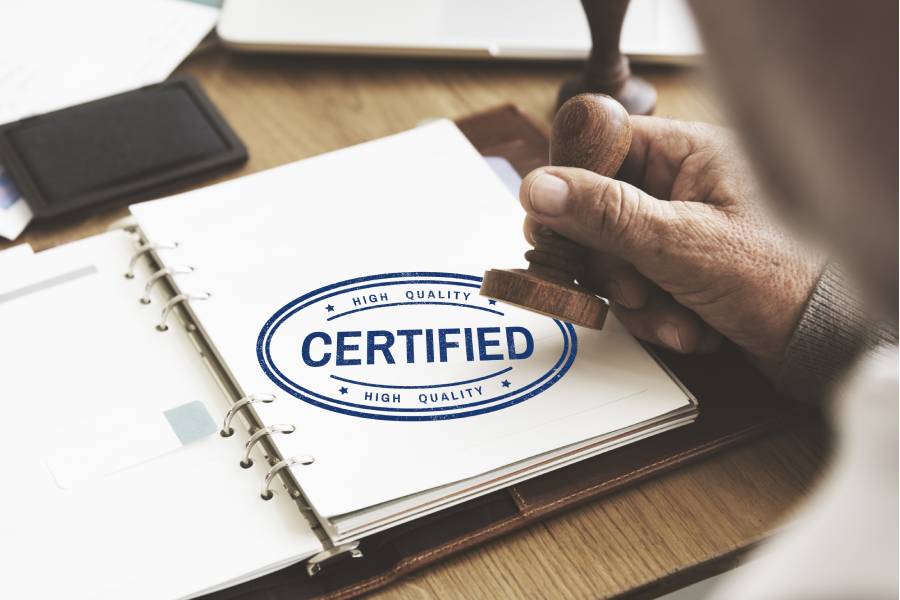
Certified translation: a major challenge for your administrative and professional procedures
In an increasingly globalized world, the need to translate official documents is becoming more and more pressing. Whether for administrative purposes, professional projects or studying abroad, a certified translation is often required. But what is a certified translation, and why call in a professional?
What is a certified translation?
A certified translation is an official translation of a document that is legally binding. It is produced by a sworn translator, i.e. a professional authorized by the State to certify the accuracy and faithfulness of the translation to the original. This certification takes the form of a signed and stamped certificate, affixed to each page of the translation.
Why choose HLV for your certified translations?
HLV, your trusted partner for all your translation needs
With over 27 years’ experience in the translation field, HLV has established itself as a major player in the Tunisian market. Our institute, based in Hammamet and Nuremberg, offers a certified translation service of the highest quality, meeting the most demanding standards.
Our strengths :
- A team of experts: Our translators, all native speakers, have a perfect command of the target language and in-depth knowledge of technical and legal fields.
- Recognized expertise: We work closely with Tunisian and German institutions to ensure that our translations comply with current legal requirements.
- Personalized service: We tailor our services to your specific needs, proposing customized solutions and supporting you every step of the way.
- Absolute confidentiality: We treat your documents with the utmost discretion and comply with all applicable confidentiality rules.
- On-time delivery: We understand the urgency of certain requests, and are committed to delivering your translations on time.
Steps in our certified translation process
- Request for quotation: Send us your documents by e-mail or post.
- Analysis and evaluation: We study your documents to determine the complexity of the task and provide you with an accurate quote.
- Translation: Our translators will translate your documents in strict accordance with the content and style of the original.
- Proofreading: The translation is proofread by a second translator to ensure quality and accuracy.
- Certification: The translation is certified by a sworn translator and sent to you with the corresponding attestation.
Entrust us with your certified translations and benefit from top-quality service!




